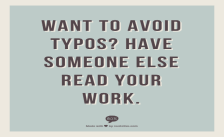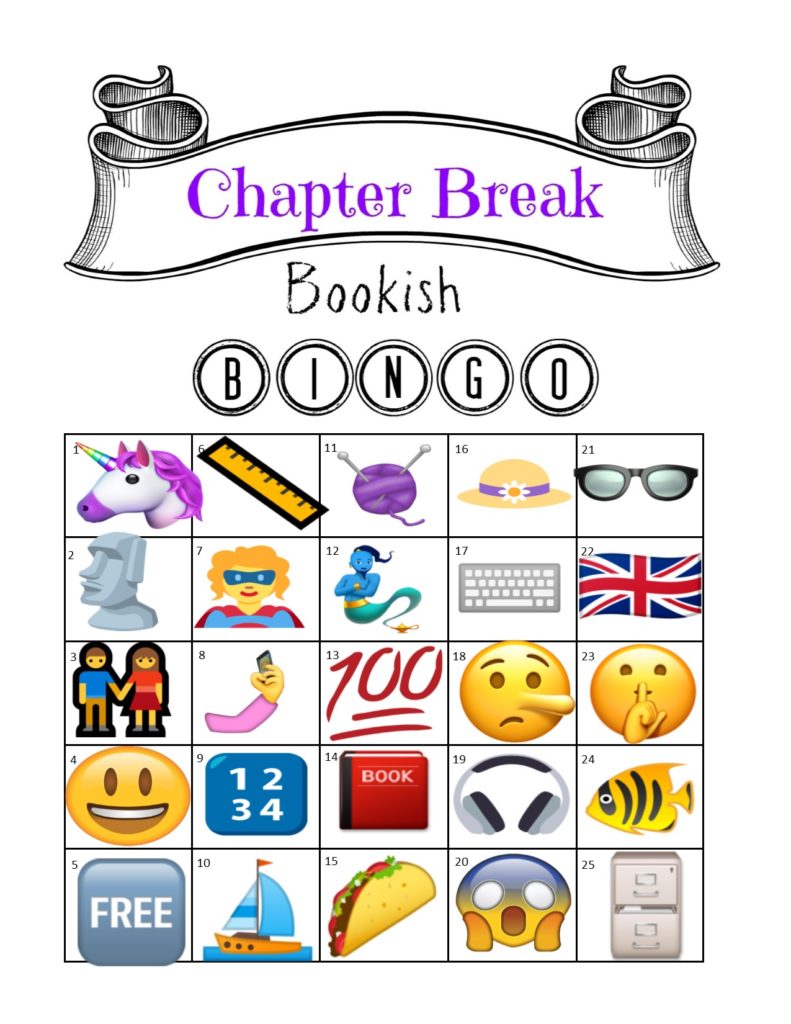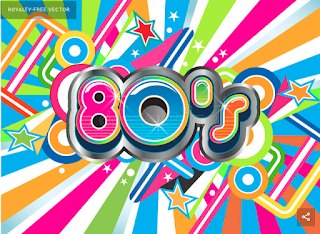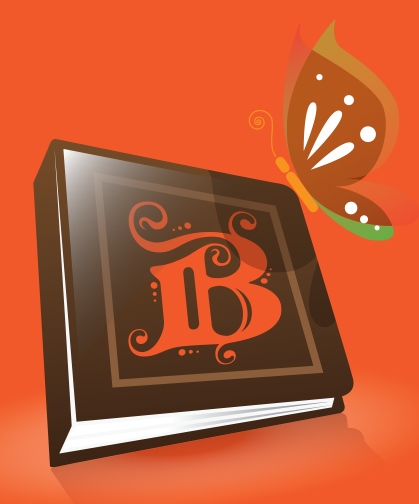Today I saw this article:
What’s Up With That: Why It’s So Hard to Catch Your Own Typos
I guess it can be hard to proofread one's own work. I've had to do its may times now, and I wonder how many more times I will have to go over it again, how many mistakes I will miss this time around.
From Grammar Girl:

Proofreading Tips
So my primary advice on avoiding typos is to have someone else proofread your work. On the other hand, I know this isn't possible for things like e-mail or rushed projects, so here are four proofreading tips I've collected over the years.
- Read your work backward, starting with the last sentence and working your way in reverse order to the beginning. Supposedly this works better than reading through from the beginning because your brain knows what you meant to write, so you tend to skip over errors when you're reading forwards.
- Read your work out loud. This forces you to read each word individually and increases the odds that you'll find a typo. This works quite well for me, and most of the typos that make it into my transcripts seem to be things you wouldn't catch by reading aloud, such as misplaced commas.
- Always proofread a printed version of your work. I don't know why, but if I try to proofread on a computer monitor I always miss more errors than if I print out a copy and go over it on paper.
- Give yourself some time. If possible, let your work sit for a while before you proofread it. I'm just speculating here, but it seems to me that if you are able to clear your mind and approach the writing from a fresh perspective, then your brain is more able to focus on the actual words, rather than seeing the words you think you wrote.Trying to read something outloud has been hard for me as I read rather fast. And has anyone ever read anything backwards? I would have never considered that one, but I can see it being pretty awkward. And I have been trying tog et others to read my work, but to no avail.What are some ways you look for mistakes in your writing? And how many times has it taken you to get this done?












